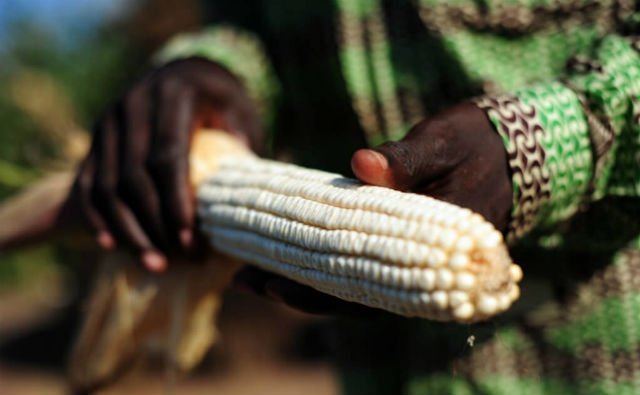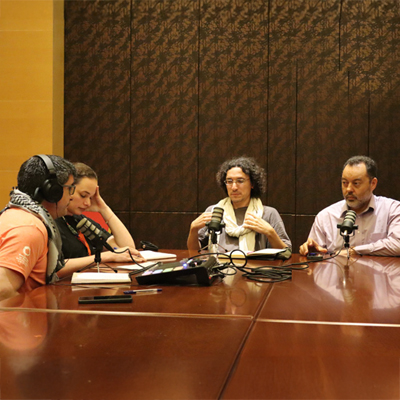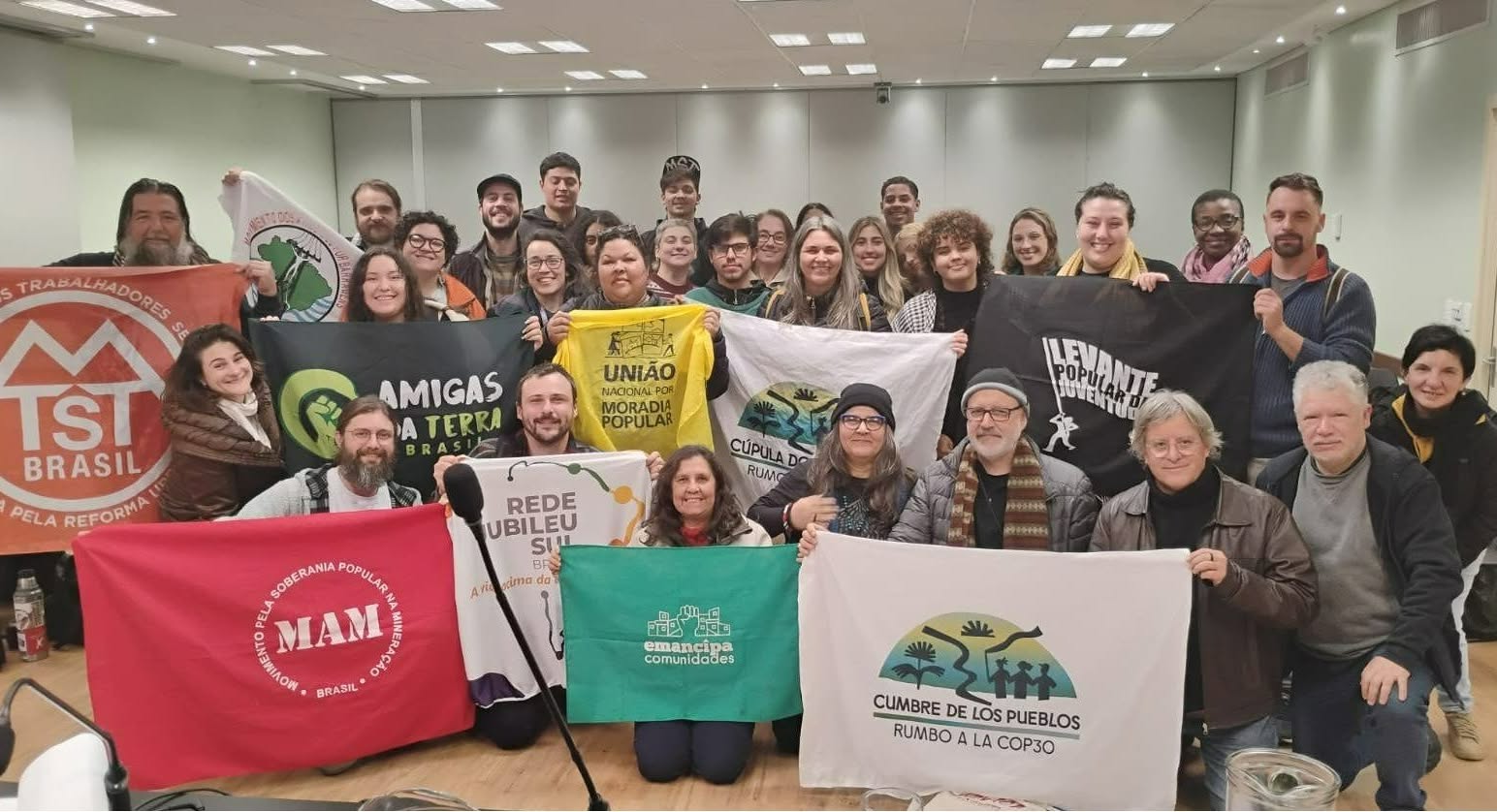Ghana government sued over GMO commercialization
Interview with Edwin Baffour, member of Food Sovereignty Ghana, on why they are suing the government of Ghana

Food Sovereignty Ghana (FSG) is suing the government over the commercialization of GM cowpeas and GM rice for safety issues of concern for the organization, although commercial distribution has not been approved yet.
Edwin Baffour, Director of Communications of FSG, explained to RWR why they are suing the government: “Right now there is no commercial granting of any GMO, but government agencies have indicated that they are developing genetically modified cowpeas and rice and cotton, so this is the reason why in 2015 we first filed an injunction in the High Court, but that application was dismissed. We appealed the decision in 2015 and we are still waiting for the Appeals Court to let us know the way forward. Meanwhile, in 2017 we started a substantive case to show that we had some issues with the way the National Biosafety Committee, which has now been turned into an Authority, was managing the whole issue about GMOs regarding a lack of engagement as well as the way in which the field trials were being performed”.
On July 9th, Food Sovereignty Ghana (FSG) “appeared before the Supreme Court in a case in which one of the defendants sought to challenge a High Court ruling about the court’s jurisdiction to hear a petition brought before it by FSG and three others”, explained FSG in it website.
“In a decision which did not take long to conclude, the highest court of the land ruled that the Human Rights High Court did have proper jurisdiction”, they added.
In his submission to the court, lawyer George Tetteh Wayoe, thanked the court for the decision and said the issue of introducing Genetically Modified Organisms (GMO) into Ghana’s food chain had serious implications on the human rights of Ghanaians and thus a competent court deserved to hear the case.
Officially there are no GMOs grown in Ghana nowadays, “but nothing stops someone coming through the border with GM seeds and planting them. So the transborder movement of GM seeds is a concern for us”, explained Baffour.
FSG considers the Supreme Court ruling is a significant and important victory over the local and international GM lobby “that has been eager to flout our laws to introduce Bt cowpeas and GM rice with little or no epidemiological studies investigating the potential effects of their consumption on human health. For example, the Bt cowpea has not yet been commercialized anywhere in the world. This is the first time that human beings are being expected to consume them. In Ghana, cowpeas are found in staple foods like waakye, garri and beans, ripe plantain and beans (also known as “red red”), etc., hence its impact on the health of the population could be devastating. For us, the case is clearly a case of human health versus corporate profit”.
After the Supreme Court´s ruling in favor of FSG, the case will now return to the Human Rights Court. On September 11, both sides are expected to submit their witness statements and the case will proceed on October 15.
About the expectations and objectives of FSG with this case, Baffour said: “We are hoping that the Human Rights High Court will understand the issues we have raised as pertaining to the human rights of Ghanaians”, said Baffour, and that the government promotes agroecology as its production model.






